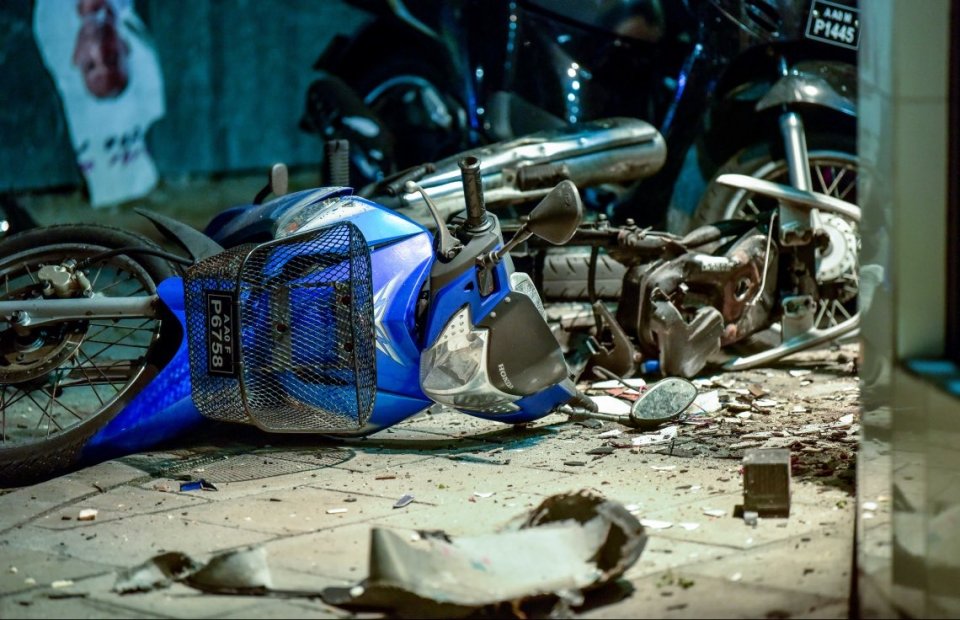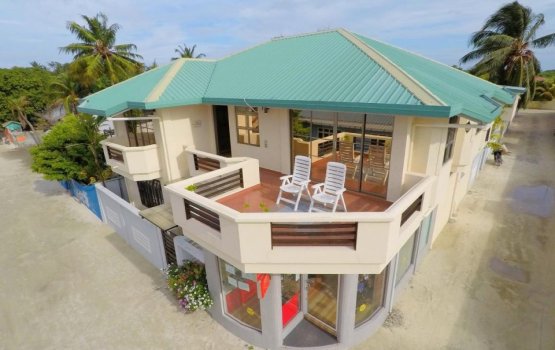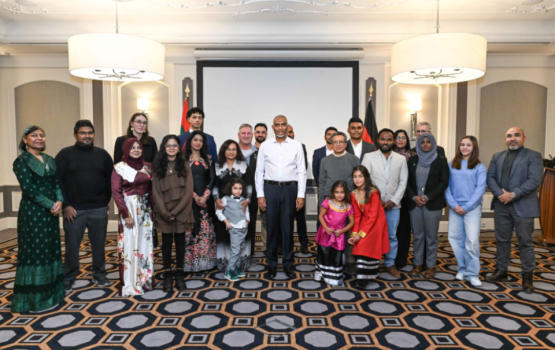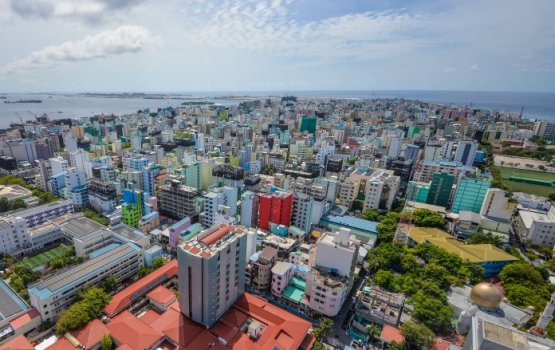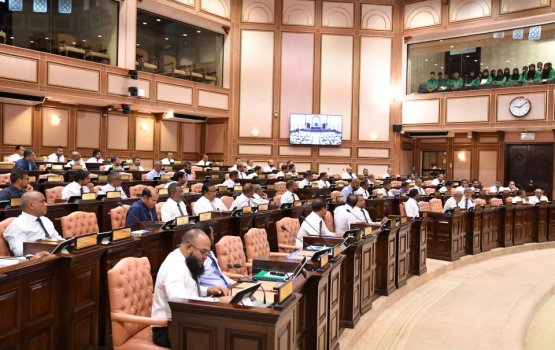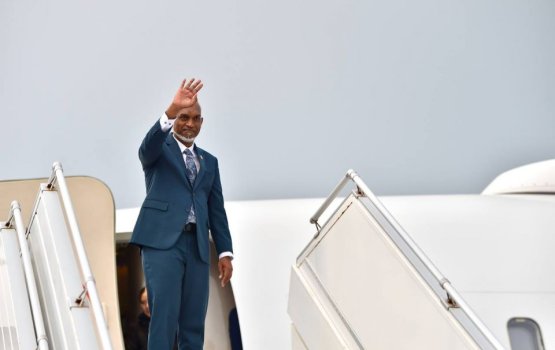Extremism is "the quality or state of being extreme" or "the advocacy of extreme measures or views". The term is used in a religious sense, to refer to an ideology that is considered to be far outside the mainstream attitudes of society.
Following the 2004 Indian Ocean tsunami, various Saudi Salafist non-governmental organizations came to the islands on the pretext of helping rebuild badly affected areas. Instead, members of these organizations gradually brainwashed young men who were living below the poverty line into believing that the tsunami was a punishment for failing to follow the true teachings of Islam. Over the next 15 years, extremist Islamist ideology infiltrated the social fabric of the islands.
The youth make attractive recruits because of their physical strength and their experience in street gangs as a result of growing up on the islands. Perhaps more importantly, however, youth become attractive recruits as a result of their existing familiarity with strict Islamic teachings. As the Islamic Republic, the government demands that every citizen belongs to non-other religion than Islam and adhere to Sharia Law.
Most of the youth are also socio-economically vulnerable. High unemployment and levels of drug use make them susceptible recruits. Individuals who are part of criminal gangs or are serving time in prison as a result of this unemployment and drug use are at an elevated risk of being recruited into the cause of extremism. The financial incentive and sense of purpose provided by terrorist groups purport as an effective antidote to the difficult lives these youth lead.
Cross island extremism and rehabilitation
The Solih government began following up on the island families that followed radical Islam stated in a resport compiled by the previous regime. The report says that their children, including girls were not sent to schools. They also began a re-education program for these ‘radicalized’ youths and parents. The government, especially senior police officers, also addressed a national conference of local council members—who are the men on the ground—to create awareness on related matters.
The government became aware of this threat in the early 2010s and responded by passing a key piece of legislation in 2014: The Prevention of Terrorism Act. This Act led to the creation of the National Counterterrorism Centre in 2016, which has undergone multiple revisions in an attempt to strengthen the country’s anti-terror laws.
In October 2019, President Solih announced a five-year counterterrorism plan. Early work on the National Terrorism Response Plan began in cooperation with the UK government in December 2020, signaling a promising start to the initiative. This plan laid out how the country’s security apparatus will coordinate and cooperate in response to a terrorist incident. This Plan and the action that was already taken by the government are encouraging signs that the highest levels of the Maldivian state are alert to the risk and treating it as a policy priority.
Assassination attempt on Nasheed
"An act of terror". The words police used to describe the attack against the country's sitting speaker of the parliament and former President Mohamed Nasheed on May 6th, 2021.
Within days after the attack, the police arrested three individuals whom they believe have affiliations with terrorist organizations. The three who were arrested in relation to the attack were Mujaaz Ahmed, 21 from K. Male', Thahumeen Ahmed, 32 from Ga. Kondey and Adhduam Ahmed from V. Thinadhoo. No group had come forward taking responsibility for the attack.
Nasheed, who was critically wounded in the attack near his house, has always been an outspoken critic of religious extremism in the predominantly Sunni Muslim nation, where preaching and practicing other faiths are banned by law.
Both President Ibrahim Mohamed Solih and the Commissioner of Police Mohamed Hameed had described the attack that injured 5 others as a terrorist attack which in turn stems from religious extremism.
The way the whole attack was administrated and from what was used in the attack, it is highly difficult to identify the root of the attack.
Nasheed being one of the most high-risk politicians in the Maldives the reason behind the attack is multiple.
However, based on the information collected by the Police so far, they had said that the attack was an attempted assassination on the life of Parliament Speaker and that it is more likely that the extremists were used as tools to operate the attack.
Police also said that the three suspects under their custody could have not acted alone and that there are others who are below the surface funding and calling shots.
The former President is now recuperating in Germany following the attempt on his life and his family now say the enigmatic leader is now out of the woods with a long road to rehabilitation. But, Nasheed remains unbothered and determined as ever and had vowed to return to the political arena stronger than ever before.

